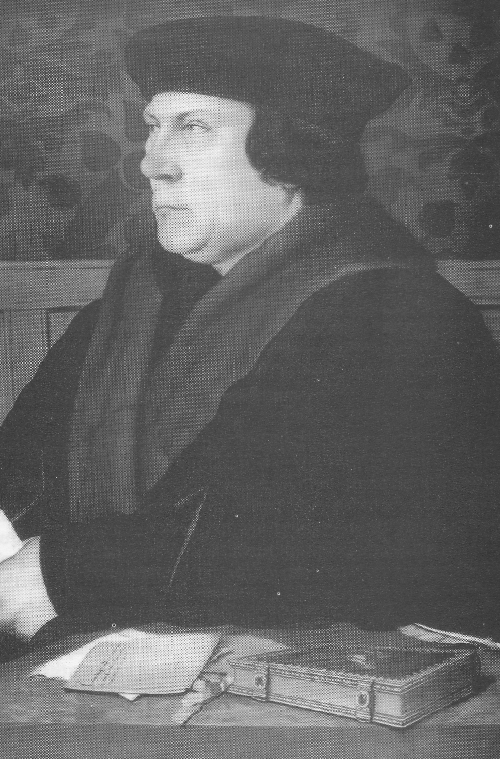
Thomas Cromwell, chief minister for Henry VIII from 1533 to 1540, gained a reputation for being a ruthless politician who stopped at nothing to succeed. Some historians of old portrayed Thomas Cromwell as an unpleasant man who in 1540 got his just reward – execution.
However, in recent years, largely as a result of extensive research done by Sir Geoffrey Elton, a new view has emerged – that Thomas Cromwell was a very capable politician who brought in what was termed a ‘revolution’ in government. Elton contended that Cromwell brought in a series of reforms at government level that moved Tudor government from being steeped in medieval practice, which a man like Cardinal Wolsey could exploit, to a modern form of government. Elton believed that the work of Thomas Cromwell with regards to government reform was in the first three major turning points in English politics. Elton was very clear about the specifics of medieval government – a financial administration that was based on the king’s chamber; the extended use of the king’s seal; the use of individual advisors as opposed to a council. A modern form of government was based on a bureaucracy staffed by capable people who worked to a series of rules and procedures. Departments were created that dealt with the specifics associated with that department and only those specifics. Cromwell believed that if this system ran well, it would end the dominance of any one person, as no single person would be able to control a properly run bureaucracy that was governed by procedures and rules. Elton believed that Thomas Cromwell introduced a modern form of government based on the above.
Cromwell was credited with two reforms of major importance. Whereas in the past, individuals who were never systematically audited and bound by procedures had received the king’s income, Cromwell introduced a bureaucratic model. In the Thomas Cromwell model, departments received money from pre-specified sources – there was meant to be no overlapping – and paid out money for reasons that had to be sanctioned first. Each department was rigorously audited. They were run the same way as the Duchy of Lancaster was. This had been set up to administer the lands and rights that had come to the crown from the house of Lancaster. The two most famous departments (the Court of Augmentations and the Court of First Fruits and Tenths) were created to look after Henry’s income from the Church following the dissolution of the monasteries. Because they had legal status to adjudicate over disputes, they were given the title ‘court’.
The second major reform introduced by Cromwell was the Privy Council. Previous to this, a council had existed that was made up of up to 100 men to advise the king. However, very few of them ever attended and the system usually ended up with one strong man dominating, such as Wolsey. The Privy Council was made up of twenty men who were specifically chosen to have responsibility for the day-to-day running of government. The ability of these men and the exclusivity of the Privy Council meant that, in theory, no individual could dominate it, as the men in the Council should have been more than able to ‘hold their own’.
Elton believed that these reforms swept away the old medieval system of government and introduced a system that survived with few changes for another 300 years. Those in government after Cromwell were meant to be able men whose sole intention was to do their best for the government – as opposed to their own self-advancement.
